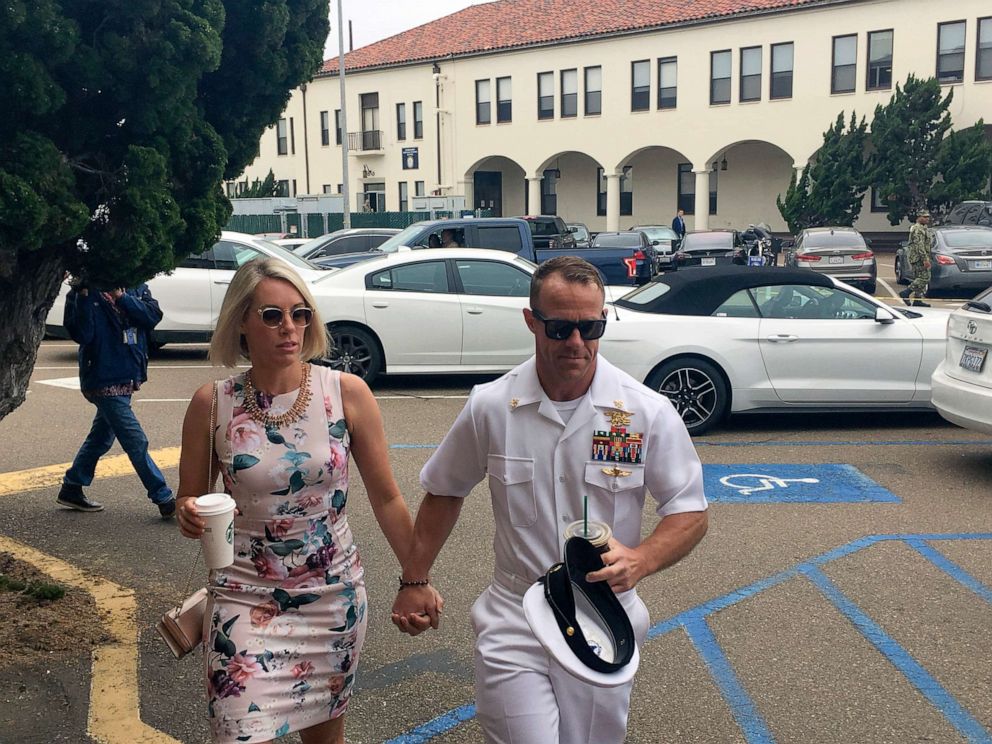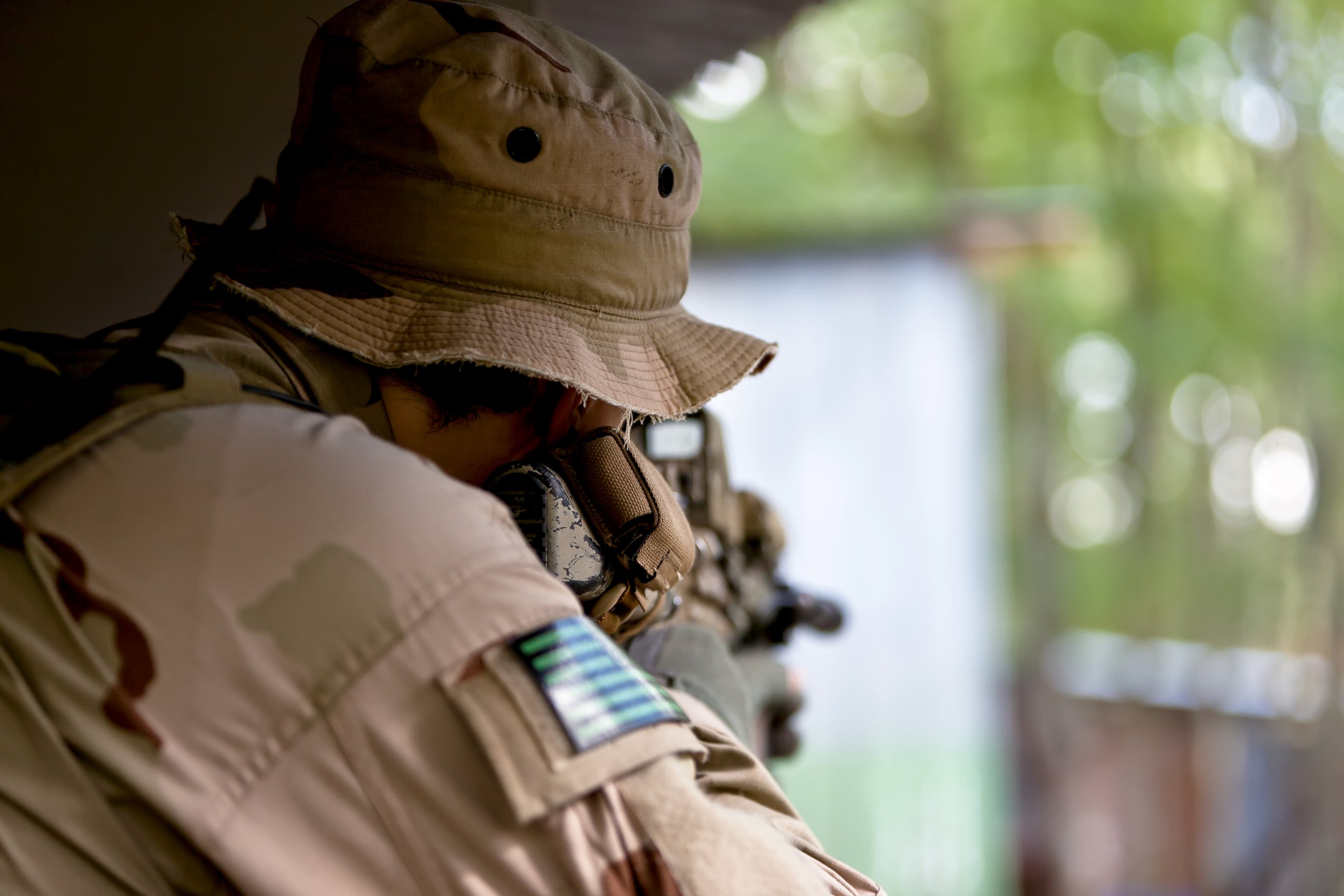US Navy SEAL platoon ordered home from Iraq for allegedly drinking alcohol
Military units are prohibited from drinking alcohol during combat deployments.
In a rare move, a platoon of Navy SEALs deployed to Iraq has been ordered back to the United States after an ongoing investigation found they had been drinking alcohol during their deployment, according to a U.S. defense official. It is the latest incident involving misbehavior among some of the U.S. military's most elite special operations units.
"Joint Task Force Operation Inherent Resolve [in Iraq] ordered the early redeployment of a SEAL Team platoon to San Diego due to a perceived deterioration of good order and discipline within the team during non-operational periods," said a U.S. Special Operations Command statement. "The Commander lost confidence in the team's ability to accomplish the mission."
"Commanders have worked to mitigate the operational impact as this SEAL platoon follows a deliberate redeployment," the statement added.
An investigation was triggered in early July after allegations were made that some members of the platoon of about 20 SEALs were drinking alcohol during their deployment, said a U.S. defense official. The drinking of alcohol is forbidden in combat deployments in the Middle East.
Maj. Gen. Eric Hill ordered the unit home after the ongoing investigation determined that some of the platoon had been drinking alcohol while in Iraq and others were aware that it was going on.
"To mitigate potential impacts of this redeployment, other NSW (Navy Special Warfare) personnel are available to complete the assigned operational requirements," said Capt. Tamara Lawrence, a spokesperson for Naval Special Warfare Command.
"Naval Special Warfare insists on a culture where ethical adherence is equally important to tactical proficiency," said Lawrence. "Good order and discipline is critical to the mission. The loss of confidence in this case outweighed potential operational risk."
The alleged drinking of alcohol occurred in SEAL Team Seven, a San Diego-based unit and the same platoon that Chief Warfare Operator Edward Gallagher had served in during a 2017 deployment to Mosul, Iraq.
Gallagher was recently acquitted of murder and attempted murder charges during that deployment, but convicted on charges that he posed with the body of the dead ISIS fighter he had been accused of killing. He was released after the judge in the case sentenced him to time served during his pre-trial confinement.

Gallagher's trial included evidence that members of his platoon had engaged in the drinking of alcohol during their 2017 deployment to Mosul, Iraq.
The defense official said the new investigation of the platoon's behavior was not triggered by the Gallagher trial though it had raised concerns about the unit's previous behavior.
Because of the rotation of personnel it is unclear if any current members of the platoon had served with Gallagher during the 2017 deployment.
The news of the rare redeployment is the latest incident involving other misconduct among the U.S. military's elite special operations forces, particularly among Navy SEALs.
Earlier this week the Navy Times reported that several members of SEAL Team 10 had tested positive for using cocaine.
In May, Chief Petty Officer Adam Matthews, a member of the elite SEAL Team Six, was sentenced to a year in military prison after pleading guilty to his role in the June 2017 strangulation death of Army Green Beret Staff Sgt. Logan Melgar during a hazing incident in the west African country of Mali.

Staff Sgt. Kevin Maxwell, a special operations Marine, was sentenced to four years in prison after he too pleaded guilty for his role in Melgar's death.
No trial dates have been set for another SEAL and Marine involved in Melgar's death.
"We're actively reinforcing, with the entire Force, basic leadership, readiness, responsibility, and ethical principles that must form the foundation of special operations," said Lawrence. "Leaders at all levels must lead in a way that sustains and sharpens that foundation. Discipline is a competitive advantage and enforcing those standards is critical to our success on the battlefield."




